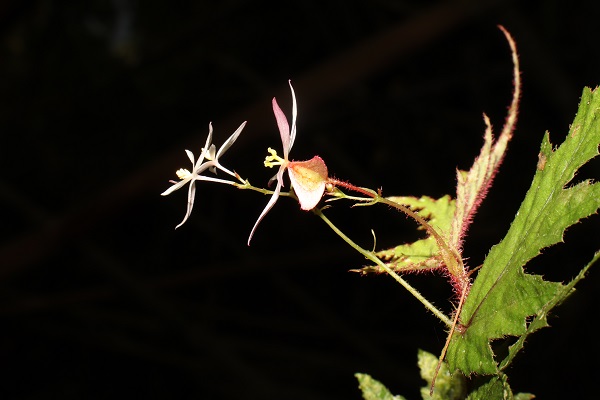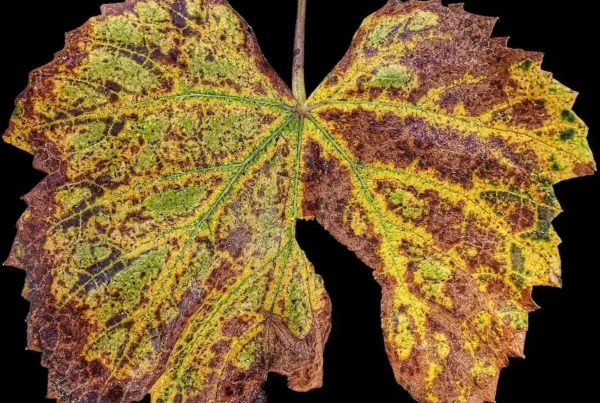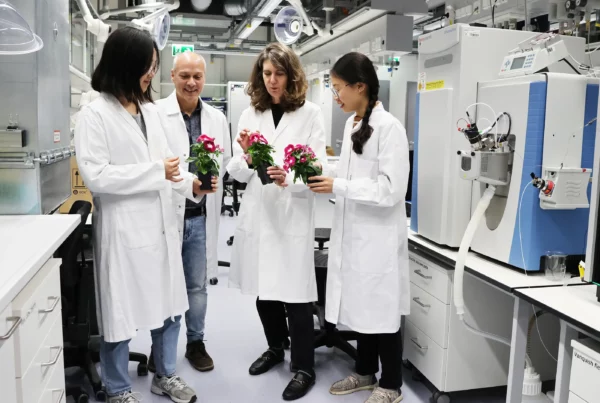Mt. Timolan Protected Landscape is one of the declared protected areas of the Philippines and is characterized by a variety of habitats. The presence of various microhabitats is reflected in the diversity of flora and fauna found there. However, limited information on its flora and fauna is available and biodiversity studies are scarce up until at present.
In ongoing taxonomic studies of the genus Begonia in the island of Mindanao, researchers from the Xishuangbanna Tropical Botanical Garden (XTBG) of the Chinese Academy of Sciences and their collaborators collected a population of peculiar Begonia section Petermannia species. After meticulously examining its morphology and comparing it with protologues and available digitized type specimens from across the Philippines and neighbouring countries, they confirmed it as a subspecies of Begonia bangsamoro new to science.
The new subspecies was named as Begonia bangsamoro subp. Bagasa and published in Phytotaxa. It is the 17th representative of the genus Begonia for Zamboanga peninsula, Philippines.
The new subspecies is a terrestrial, monoecious, perennial herb, up to 30 cm long. It differs from Begonia bangsamoro subsp. bangsamoro in having staminate and pistillate flowers with much narrower and elongate tepals.
The new subspecies is endemic to the Zamboanga Peninsula. It was found in deeply shaded lower montane forest with damp soil growing along the trail with an elevation of 700–900 m a.s.l. It was also found growing as a terrestrial, lithophyte and as a climber on tree ferns.
The conservation status of the new subspecies is proposed as ‘Least concern’ (LC), following the IInternational Union for Conservation of Nature (IUCN) Standards.
Read the paper: Phytotaxa
Article source: Chinese Academy of Sciences
Author: ZHANG Nannan
Image: Begonia bangsamoro subp. Bagasa. Credit by Mark Arcebal K. Naive.






